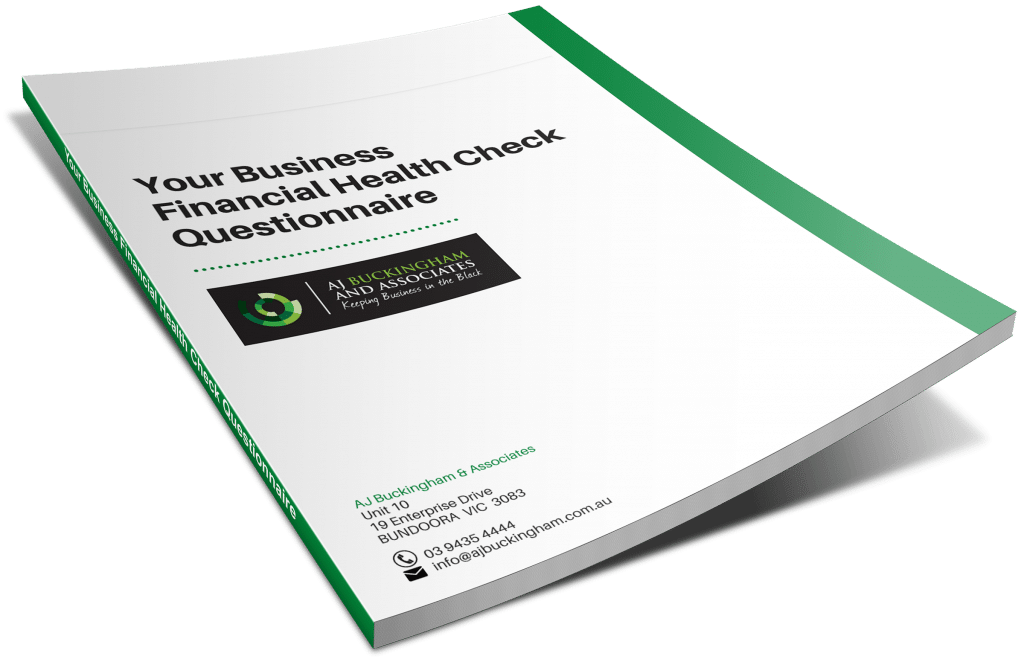We know it’s hard to understand why a business owner in the start-up phase should contemplate an exit strategy, however, in business you should always ‘start with the end in mind’. Having an exit plan right from the outset is important and forces a new business owner to focus on the finish line.
The long-term plan for most business owners is simple. Sell the business at retirement. That is very logical but the sale process may be forced on an owner due to ill health, disability or death. So even though the possibility of exiting the business early seems remote, some key questions need to be asked up front.
Here are some of the types of the issues and circumstances you need to consider:
- If selling the business to a third party what exactly would be saleable? Shares? Assets? Equipment? Stock? Goodwill?
- If you are selling the assets, what assets are you selling/transferring and what assets do you intend to retain?
- Are you selling intellectual property? Is it transferable?
- Time frame – when do you want to exit? Will there be a handover period?
- Document an overview of your business including history, milestones, strengths and weaknesses, profile of your major customers and suppliers, reputation in the marketplace and industry opportunities and threats. Don’t reveal trade secrets and get a signed confidentiality agreement before potential buyers see any of these details.
- Most importantly, identify your potential buyers. Historically, suppliers, clients or someone the business owner already knows buys around 75-80% of small businesses. When you know where the buyer is coming from, it is time to think about price.
- Assessing the value of a business can be complex. One common method is Earnings Before Interest, Taxes, Depreciation and Amortisation (EBITDA). The EBITDA of a business provides an indication of the profitability of the business based on its present assets and its operations. Different industries have a different EBITDA – a florist business has a lower EBITDA than a high-tech business.

- Start with the end in mind and it’s never too early to plan your sale.
- Be realistic about the time frame. A business that takes 20 years to build generally can’t be sold in a week.
- Know exactly what you are selling (and what are you not selling).
- Be open to alternative sale options (e.g. sell all your assets, sell your clients but not your equipment, Vendor Finance or Buyout over 3 years).
- Understand the income tax implications of selling including GST, CGT and other tax matters.
- Look at Lease Agreements on the premises and any assets.
- What happens after the sale? Will there be a restraint of trade and handover period?
- Part of the plan should include what are you going to do after the sale? You are used to a busy entrepreneur lifestyle so what comes next? Playing golf four days a week may sound appealing but it’s probably unrealistic.
- What will happen to your staff and how will you communicate the sale to them? Obviously the sale of your business will impact on their position in the business, their personal financial position and future employment. Sometimes senior staff members continuing in the business may be a condition of sale. You need to be careful in this instance to ensure you don’t lose a key staff member pre-settlement that might jeapordise the sale.
Talk to us today about your exit or succession plan and think big!


